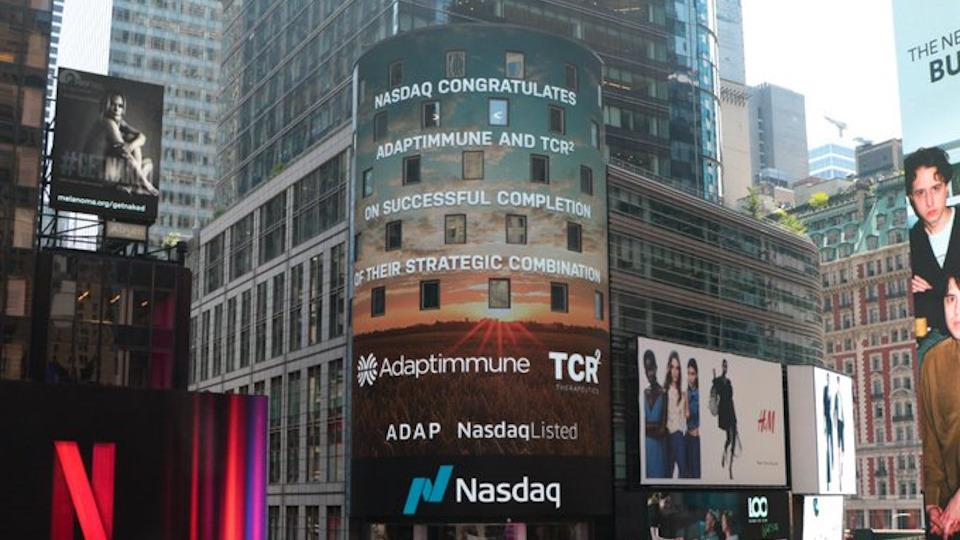FDA sets date for Adaptimmune’s sarcoma drug verdict

The FDA is due to decide by 4th August whether to approve Adaptimmune’s engineered T-cell therapy for advanced synovial sarcoma, afamitresgene autoleucel (afami-cel), after a priority review.
If the biologics license application (BLA) is approved, afami-cel will become the first engineered T-cell therapy for solid tumours and the first effective treatment option for advanced synovial sarcoma in more than a decade, according to the Anglo-American company.
Synovial sarcoma is a rare soft tissue sarcoma, one of around 50 that appear in fat, muscle, nerves, fibrous tissues, blood vessels, or deep skin tissues that can be hard to diagnose and treat. The cancer accounts for around 5% to 10% of all soft tissue sarcoma types with around 13,400 new cases in the US every year, mainly in people aged 30 or less. It tends to metastasise easily to other tissues and has a five-year survival rate of just 20% if diagnosed at an advanced stage.
In the pivotal SPEARHEAD-1 trial, afami-cel demonstrated an objective response rate (ORR) of around 39% among heavily pre-treated patients with advanced synovial sarcoma, along with a 17-month median overall survival (OS) that Adaptimmune says represents a “significant advance” in treatment for this patient population.
Typically, ORRs for second-line therapies have ranged between 14% and 18%, with an OS range of between nine and 12 months, but around 70% of patients who responded to afami-cel in the study are alive two years after treatment, according to the company.
First-line therapy for synovial sarcoma generally relies on anthracycline-based chemotherapy with or without ifosfamide, and the last drug approved for second-line therapy was GSK’s kinase inhibitor Votrient (pazopanib) in 2012.
Eli Lilly’s anti-PDGFR-α antibody drug Lartruvo (olaratumab) was granted accelerated approval in 2016 as an option for newly diagnosed patients with soft tissue sarcomas who could not be treated with chemo, but was pulled from the market in 2019 after it failed a post-marketing confirmatory study.
$400m franchise
Adaptimmune has estimated that MAGE-A4-targeted afami-cel and a companion cell therapy for synovial sarcoma and myxoid/round cell liposarcoma (MRCLS) called letetresgene autoleucel (lete-cel) collectively have the potential to make sales of around $400 million a year with upside if they expand into earlier lines of therapy and additional sarcoma types.
Lete cel is a NY-ESO-targeting therapy, partnered with GSK, that recently generated positive results in the pivotal IGNYTE-ESO as a third-line treatment, with full data due to be presented in the third quarter.
“The FDA’s acceptance of the BLA submission brings us one step closer to redefining treatment for people with synovial sarcoma,” commented Adrian Rawcliffe, Adaptimmune’s chief executive,
“Our franchise has great potential and, if approved, we have the capabilities and the capital to launch afami-cel – the first engineered T-cell therapy on the market for a solid tumour cancer,” he added.












